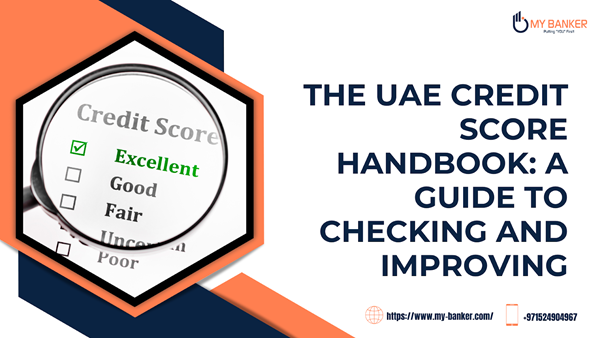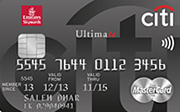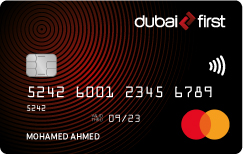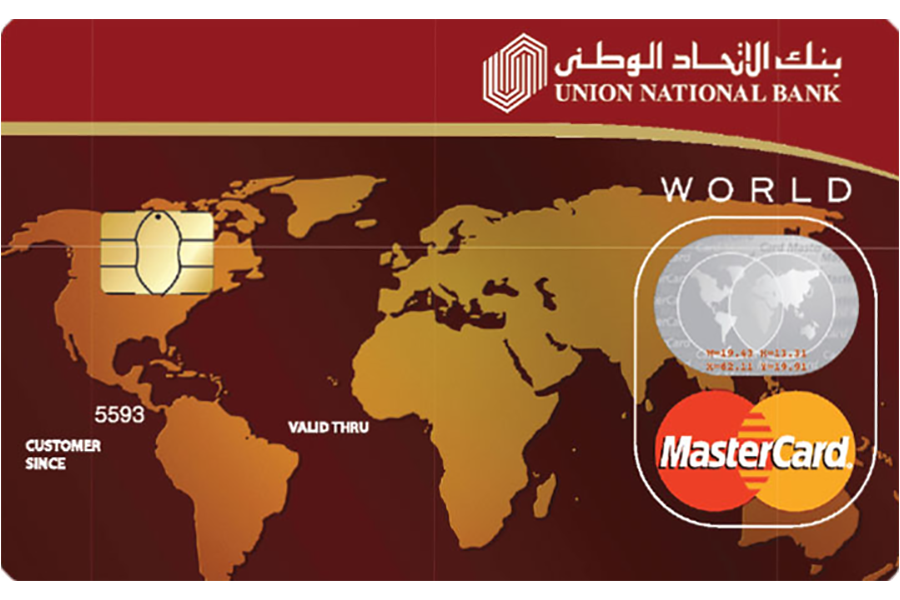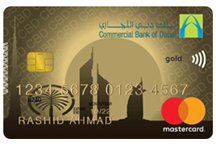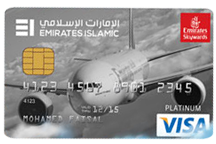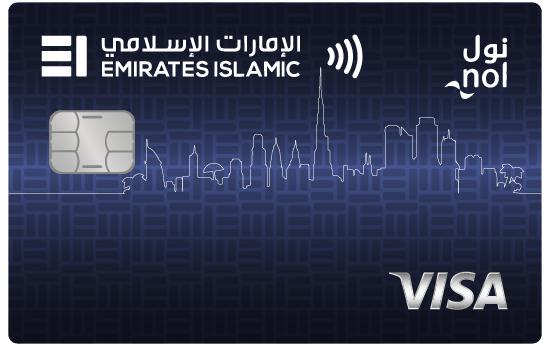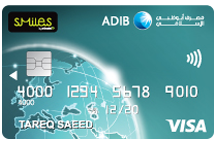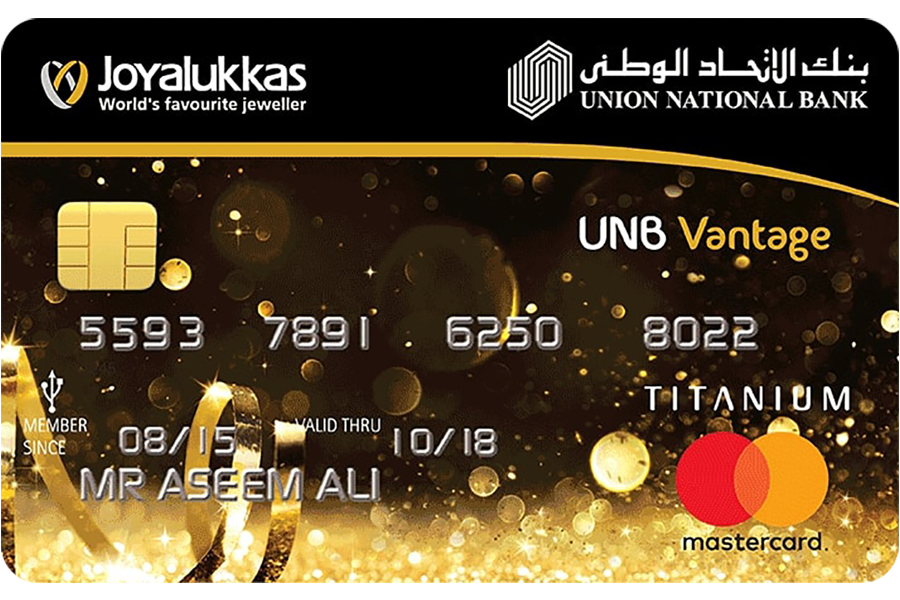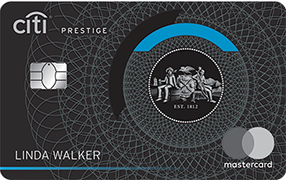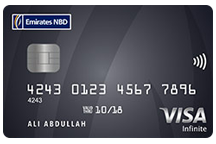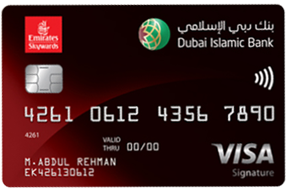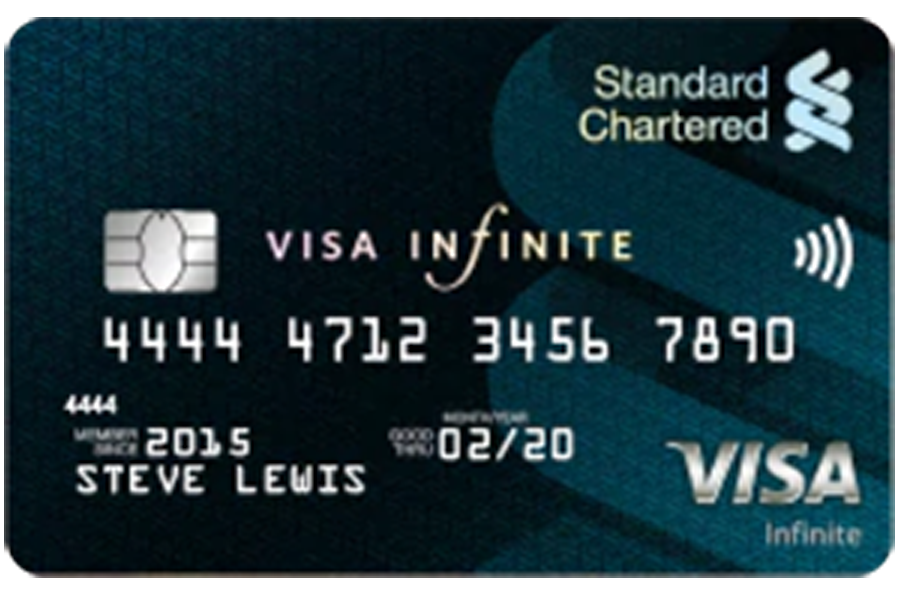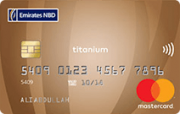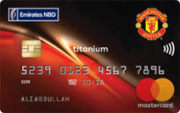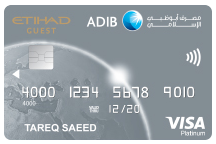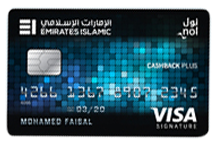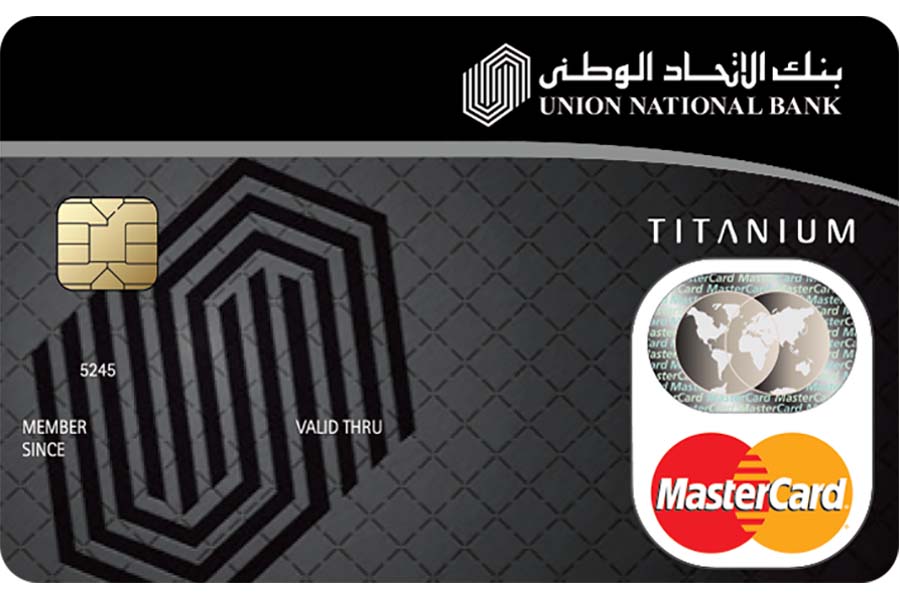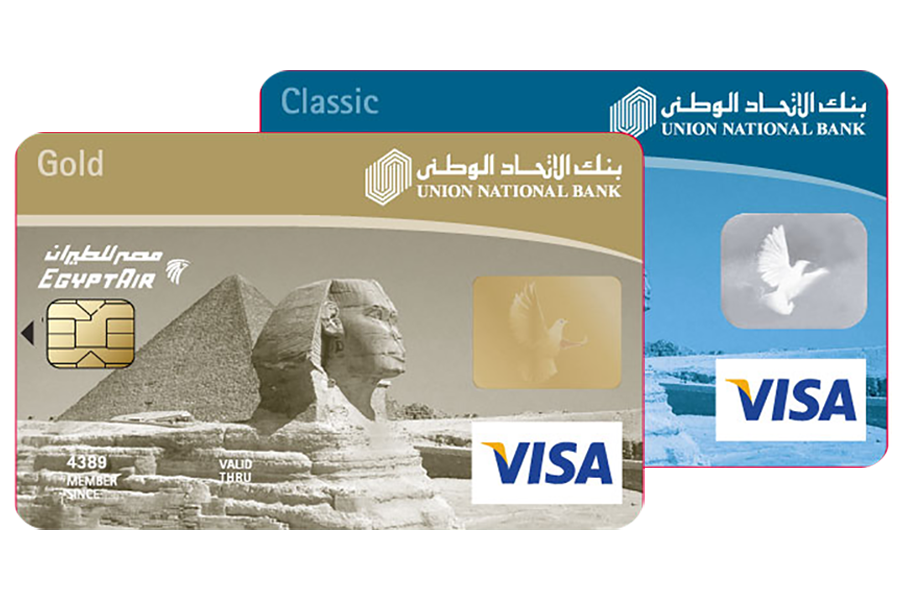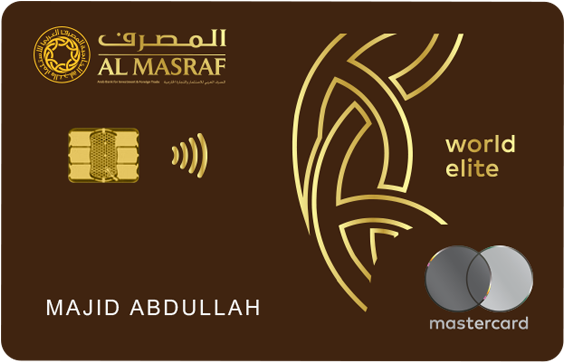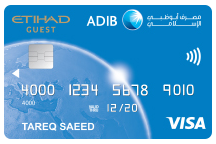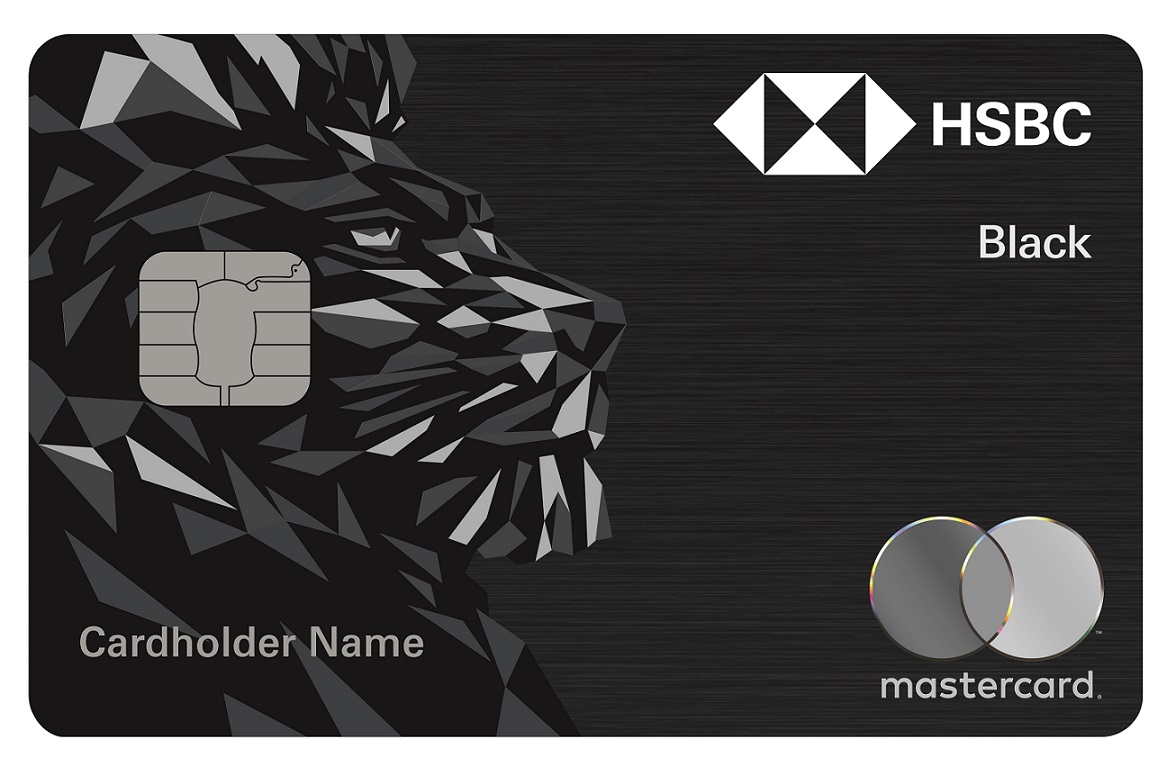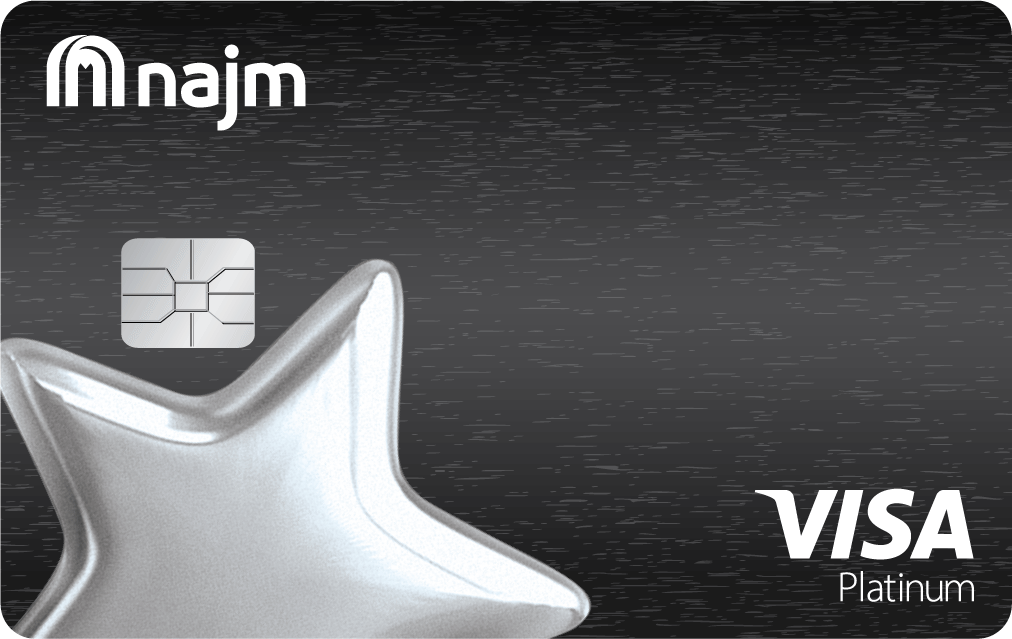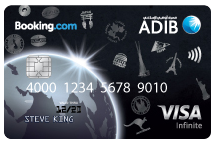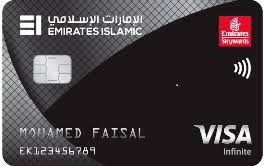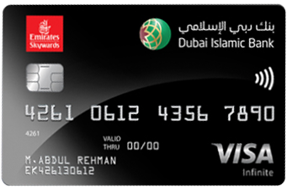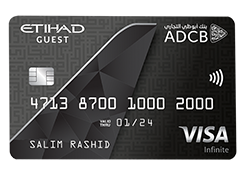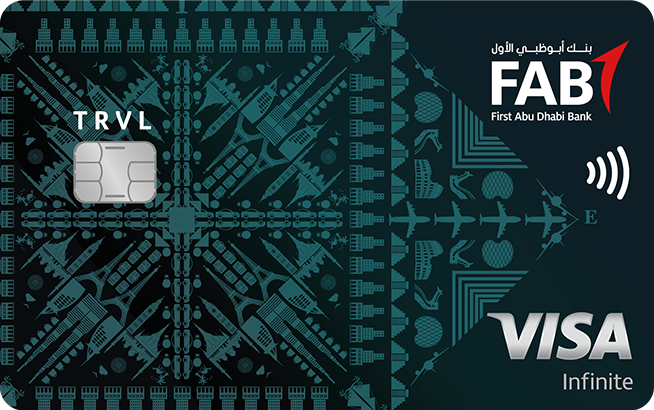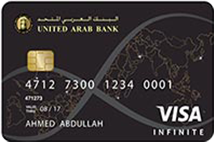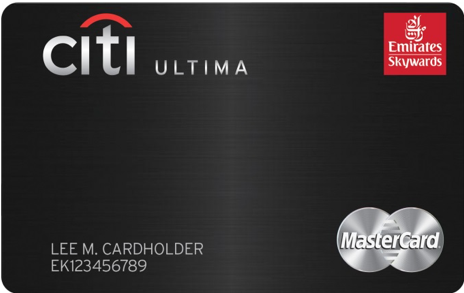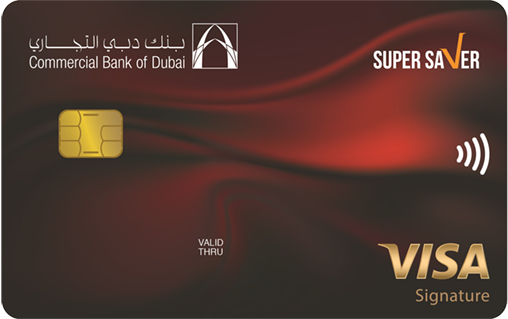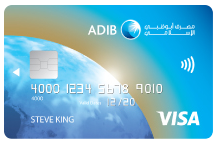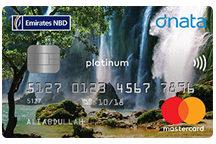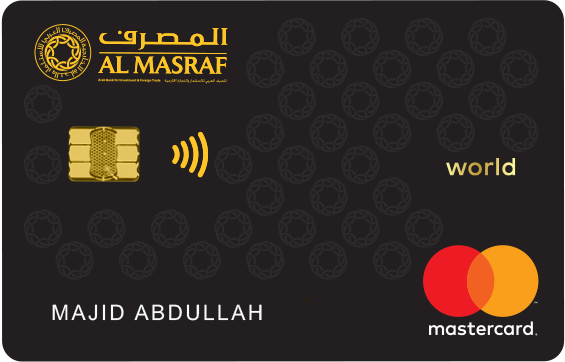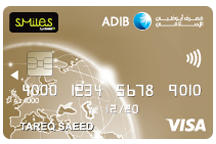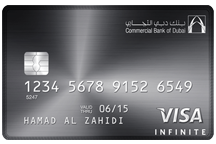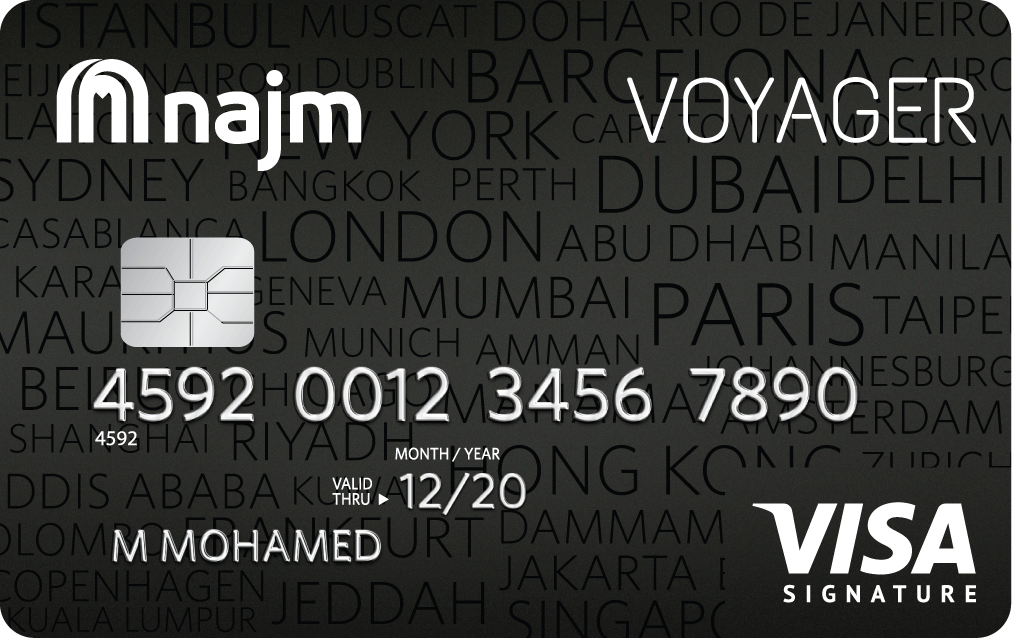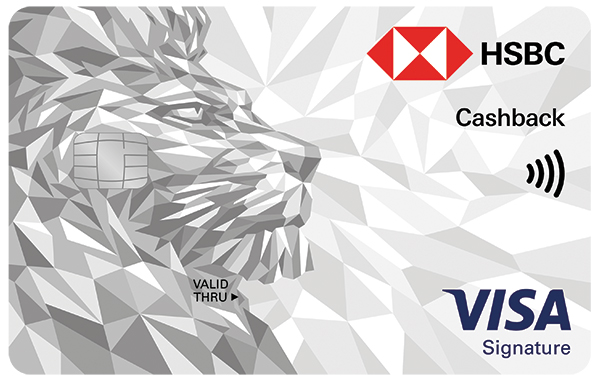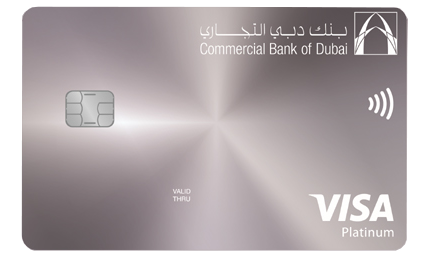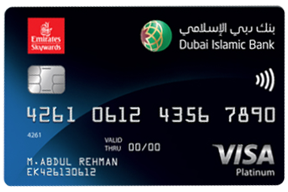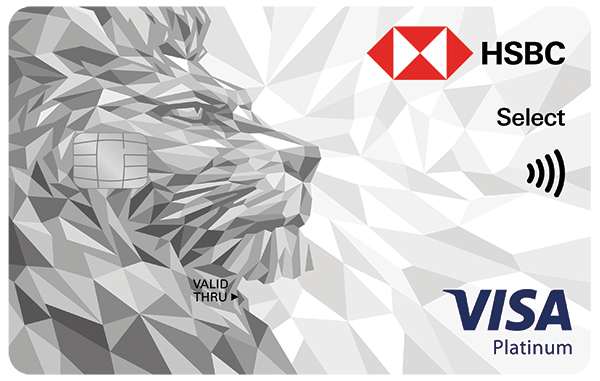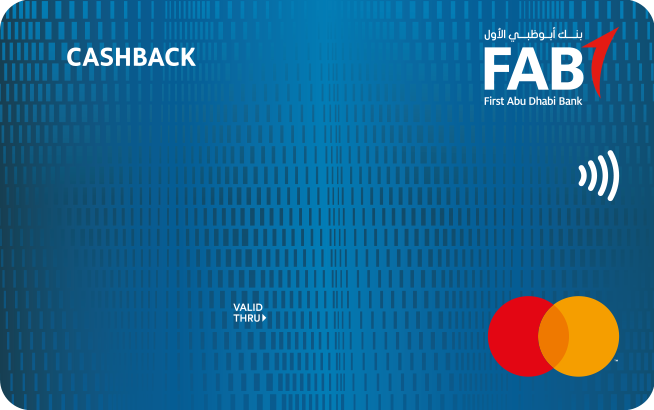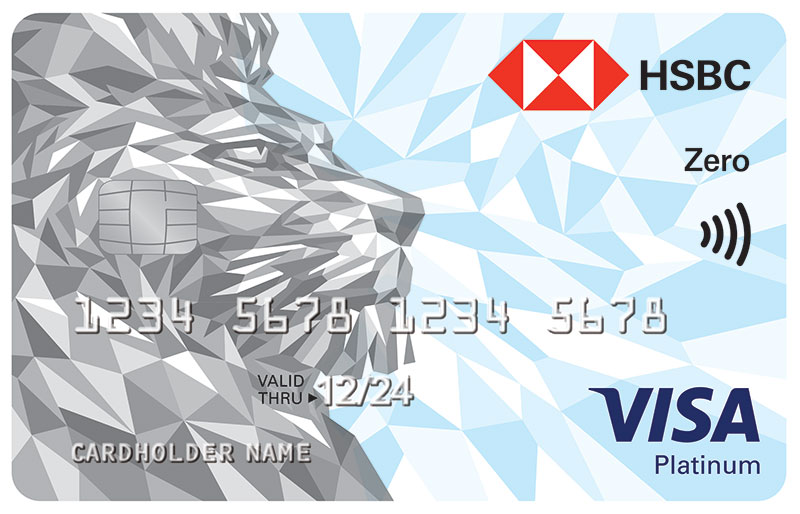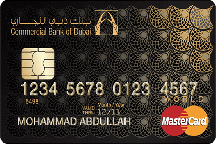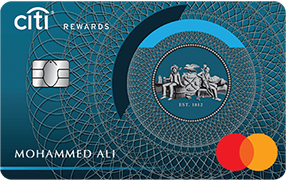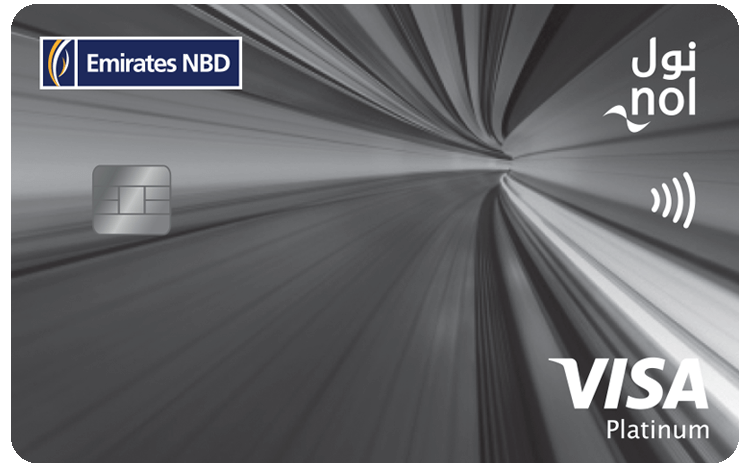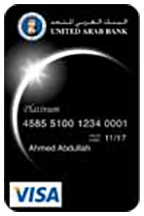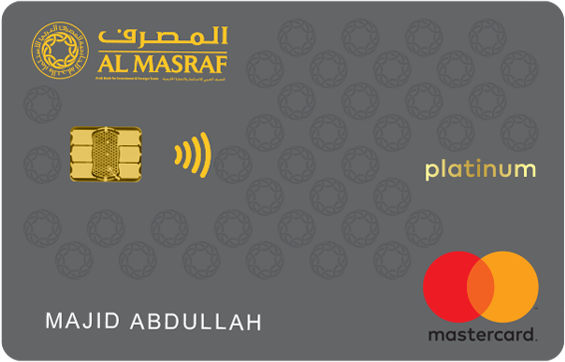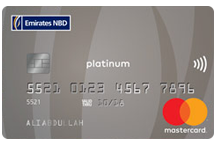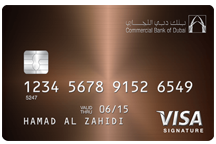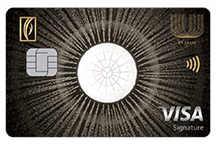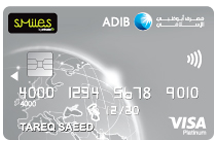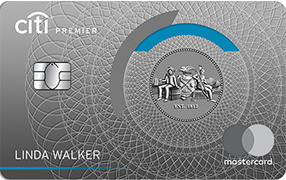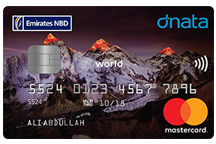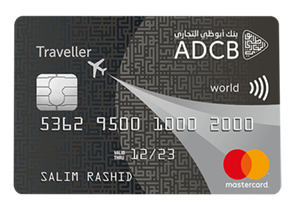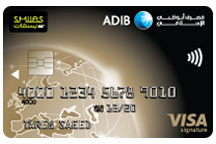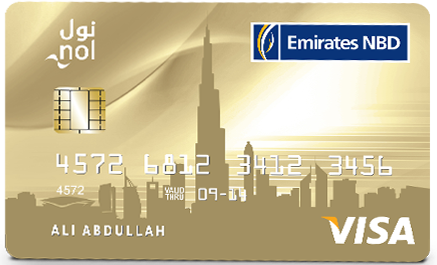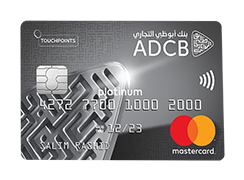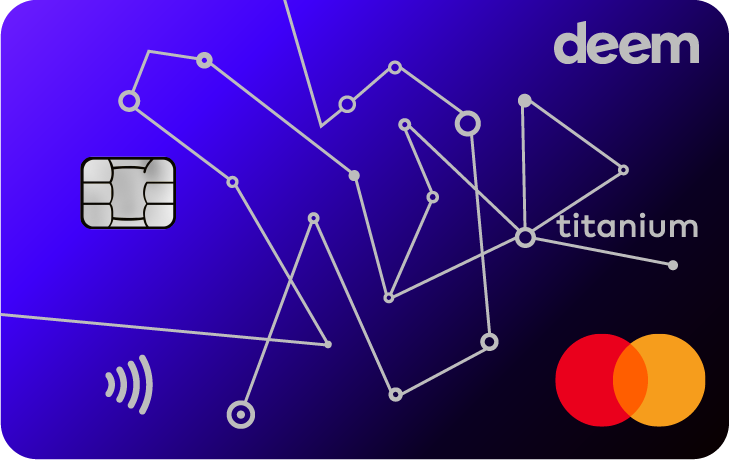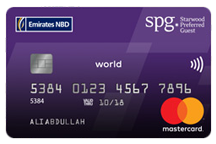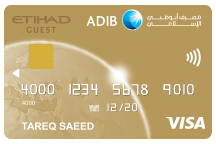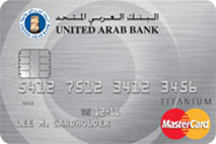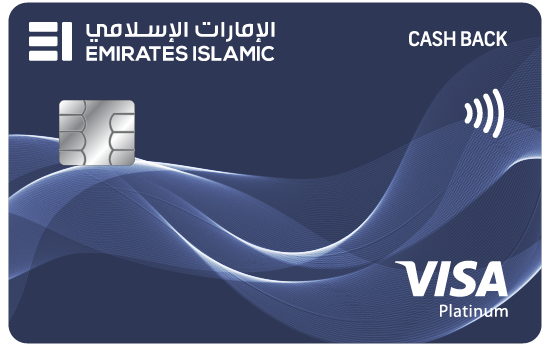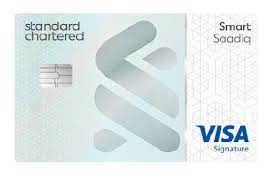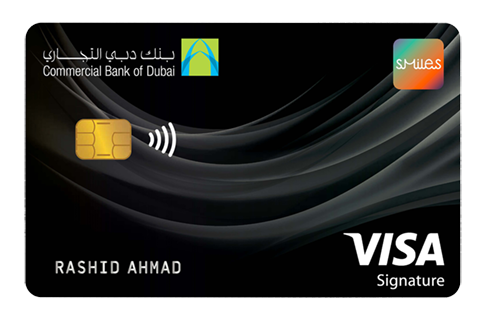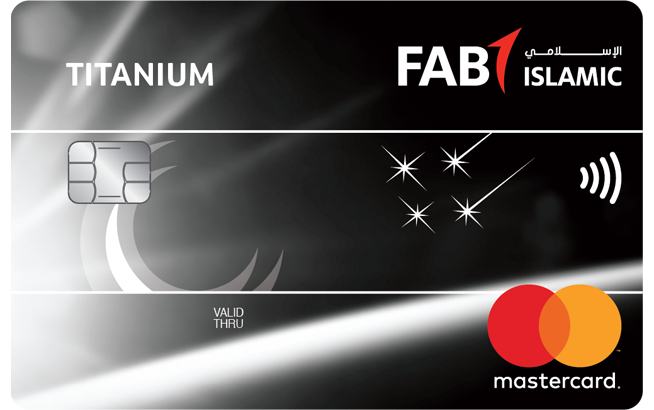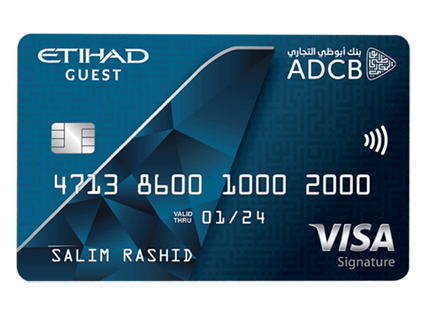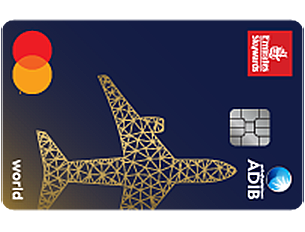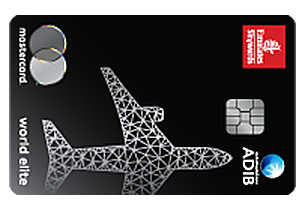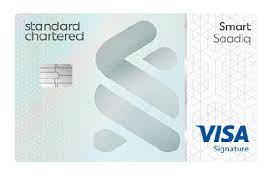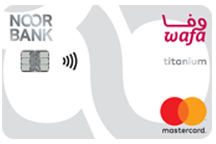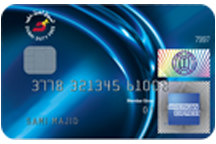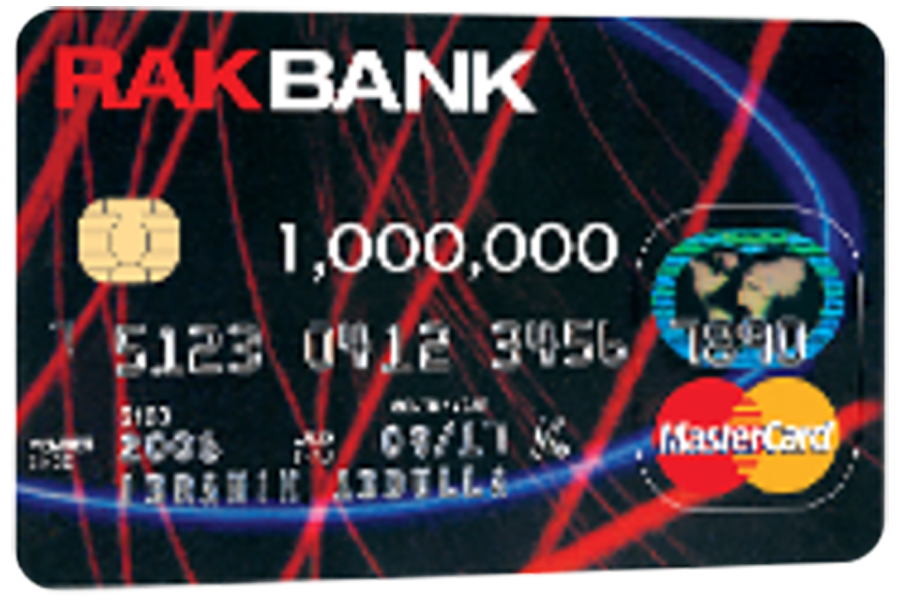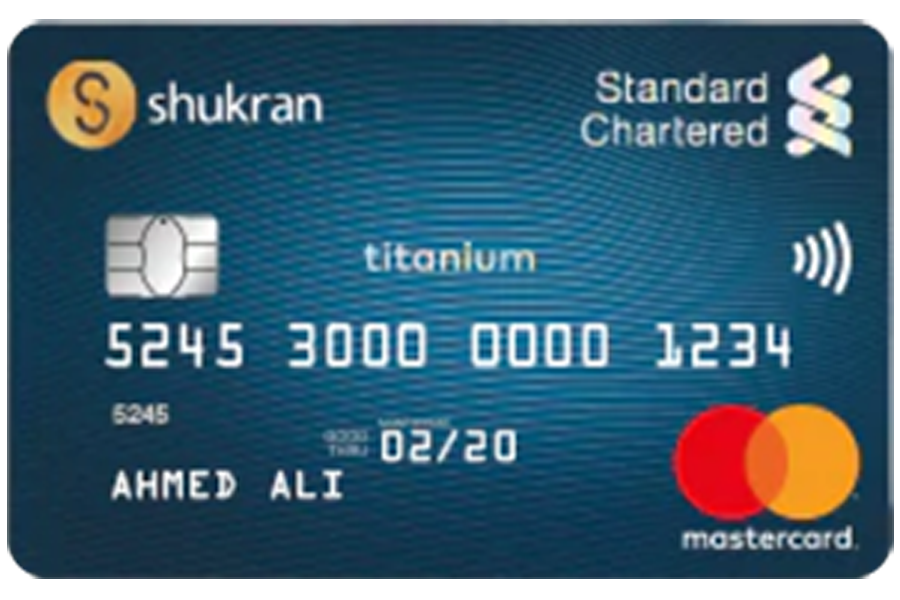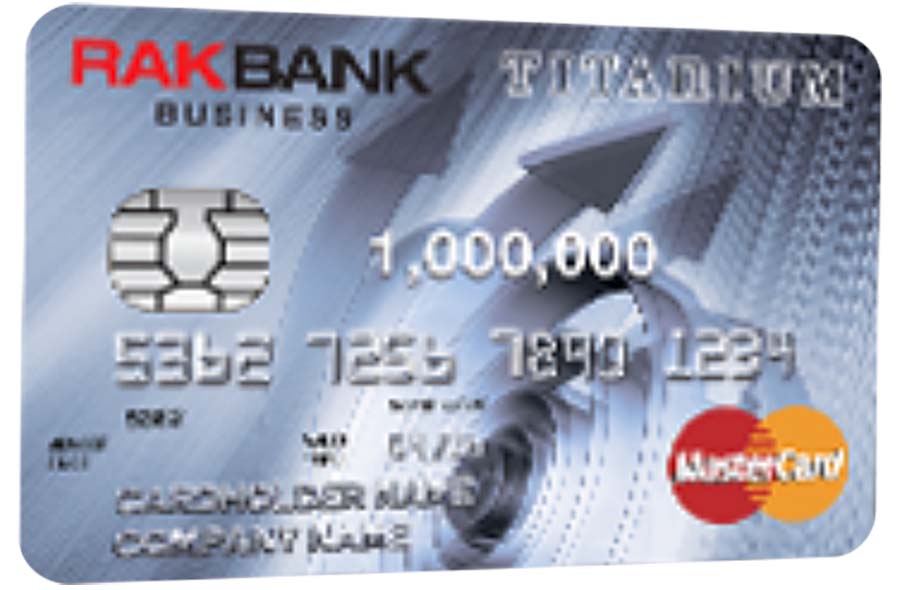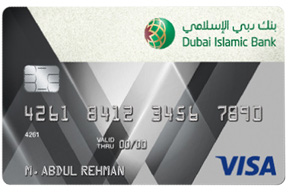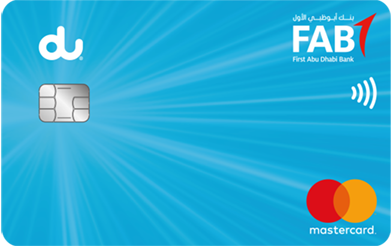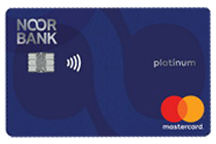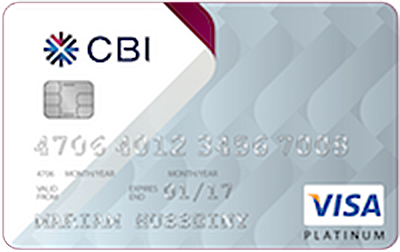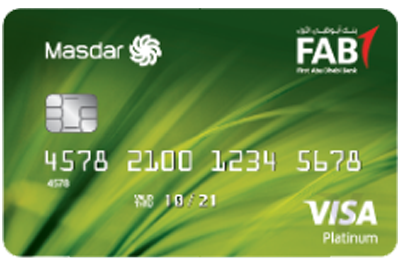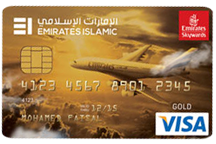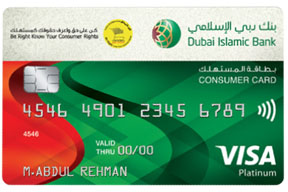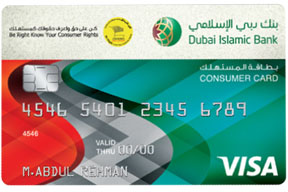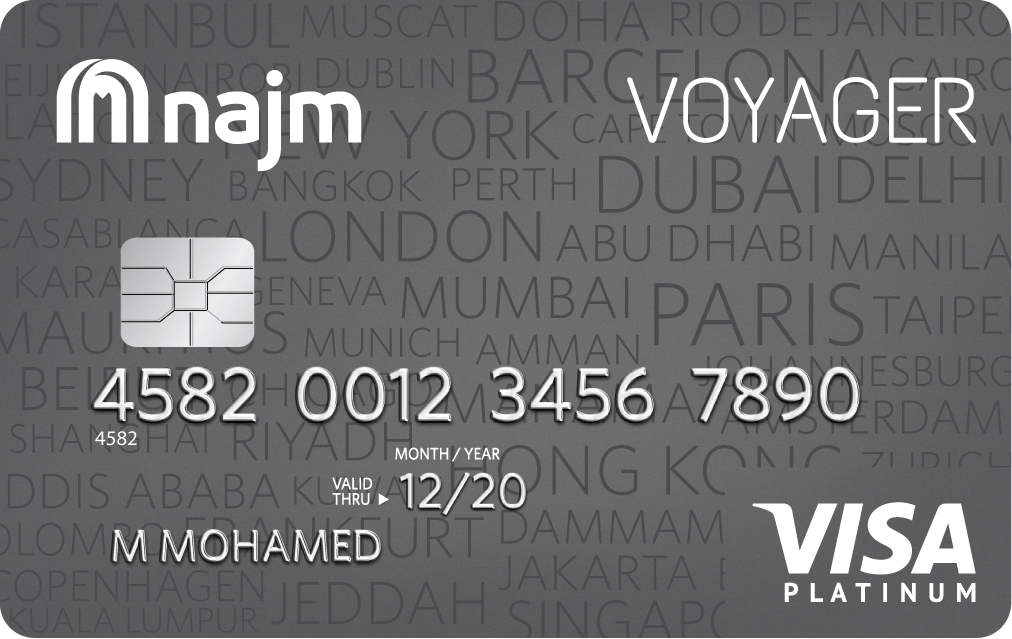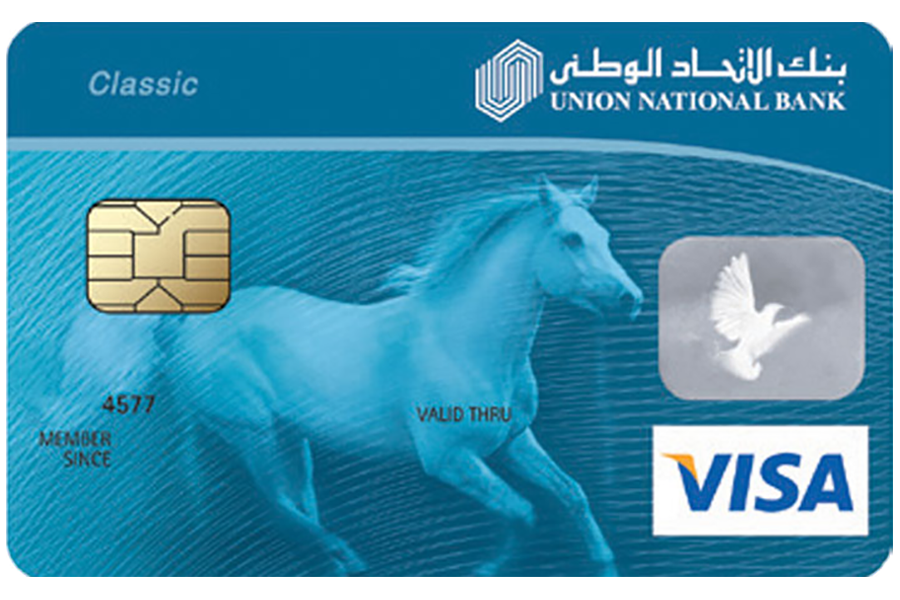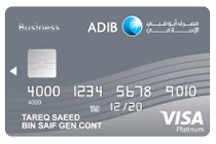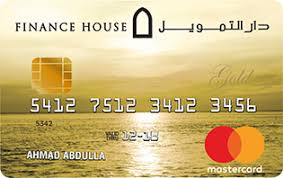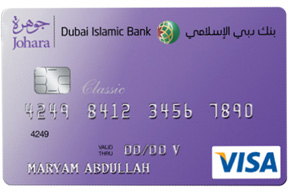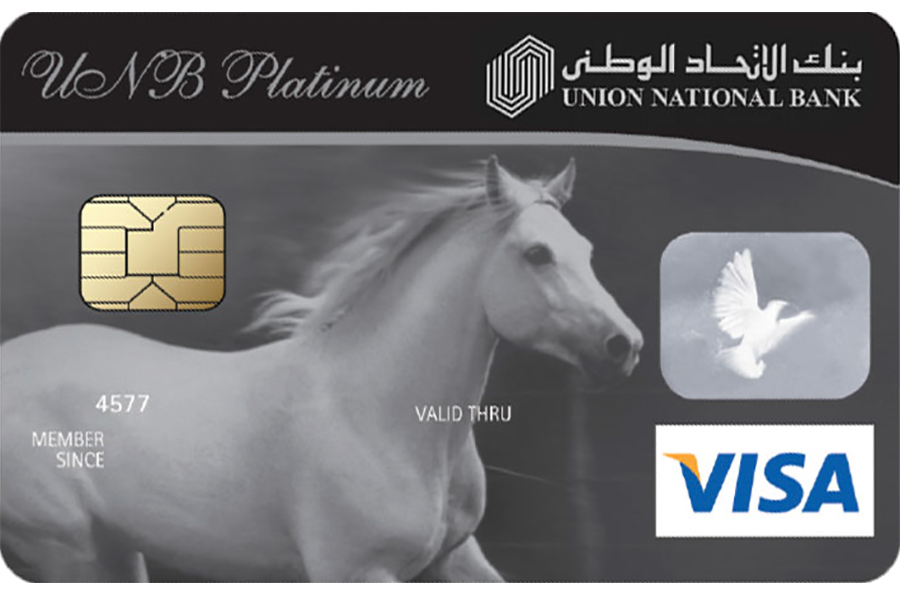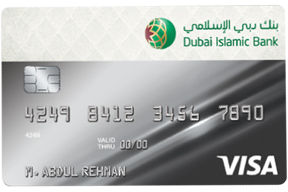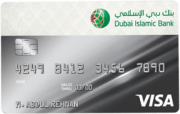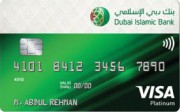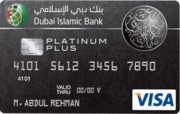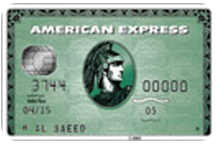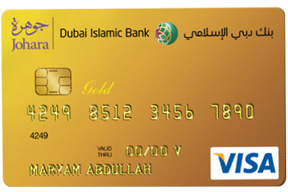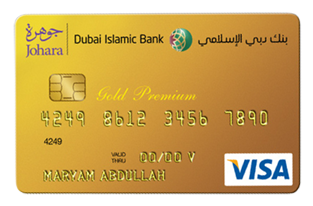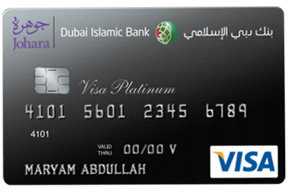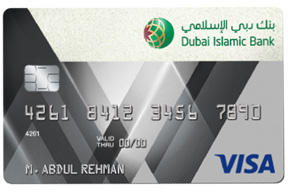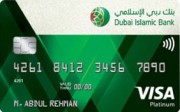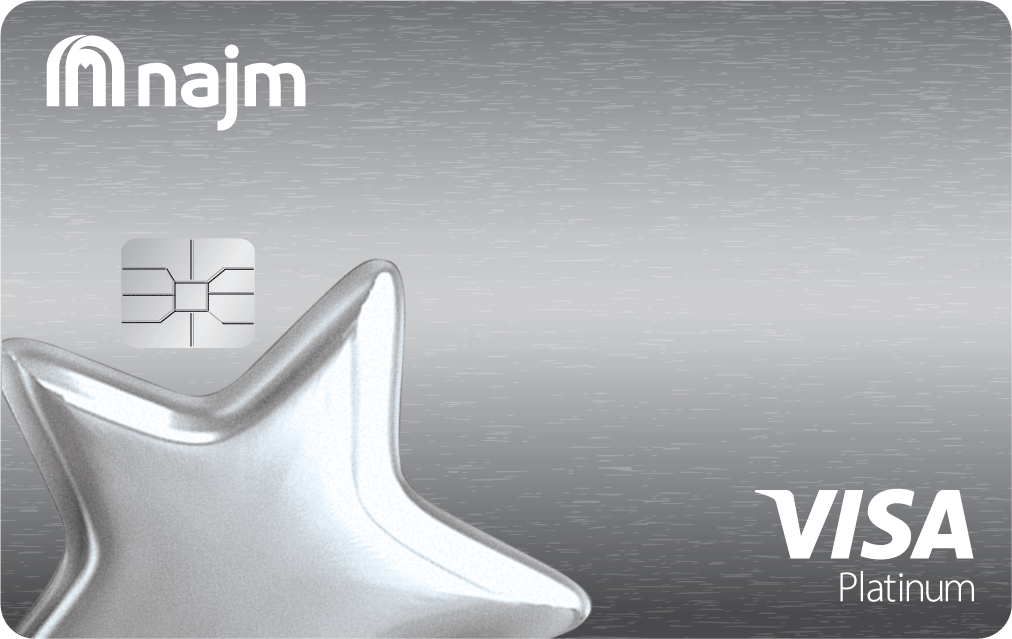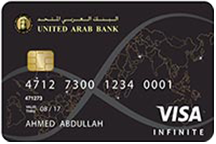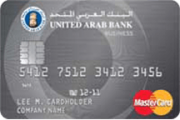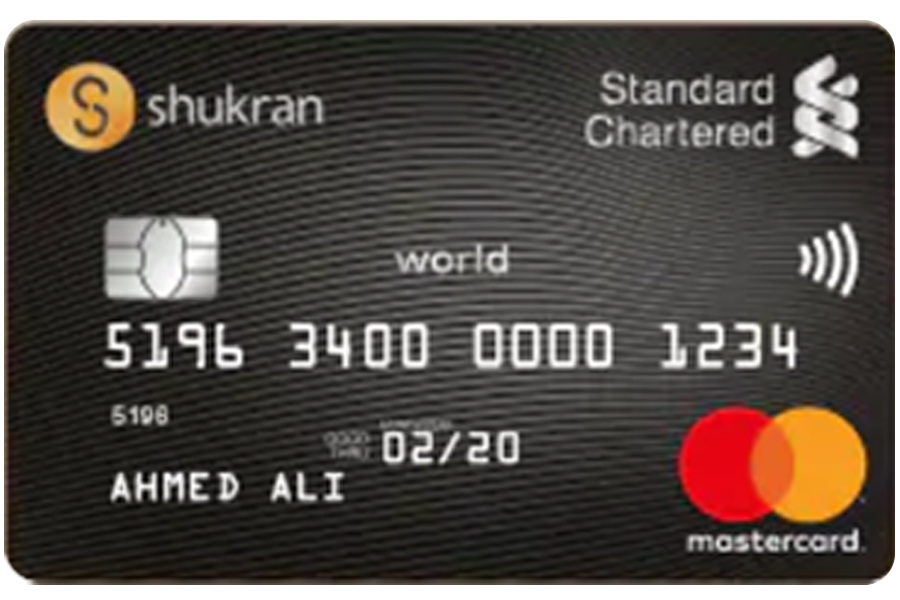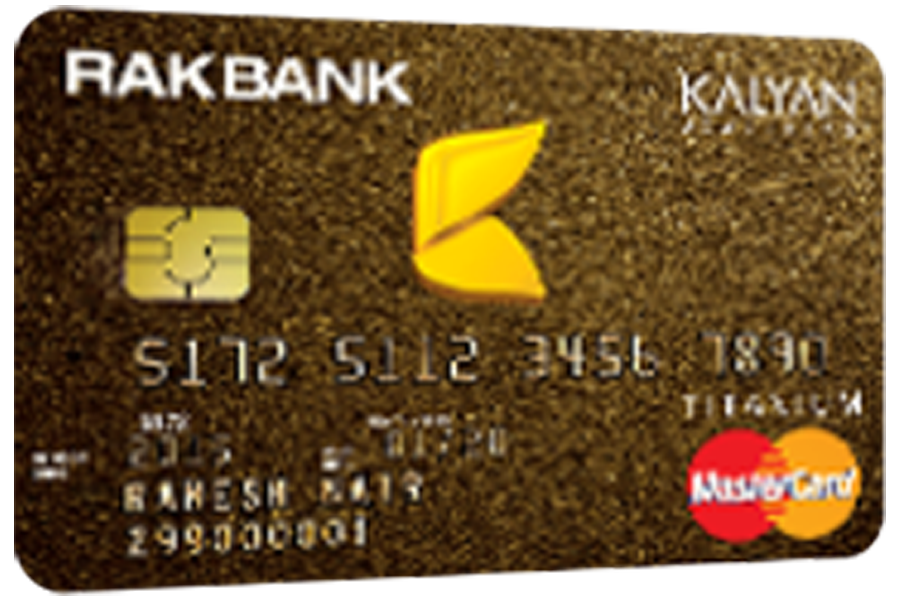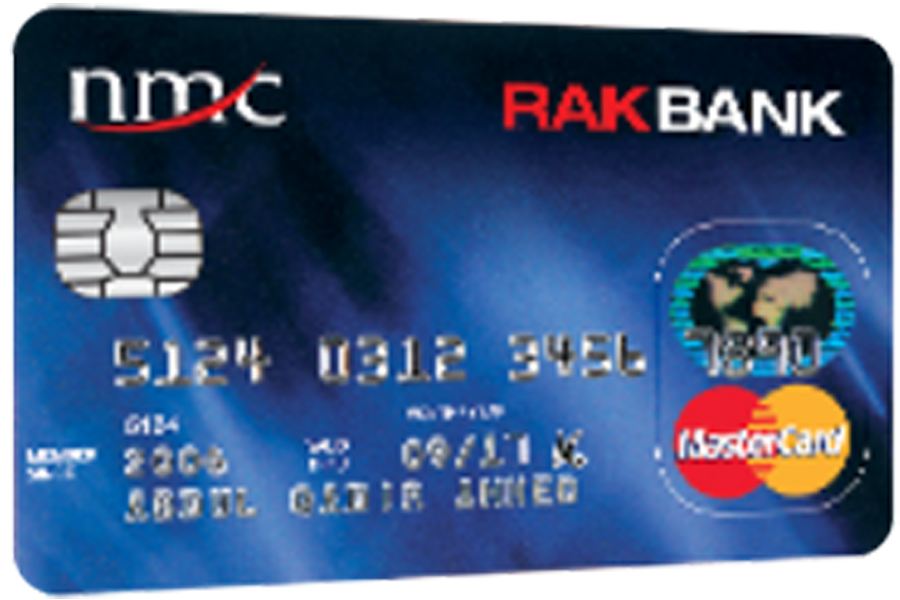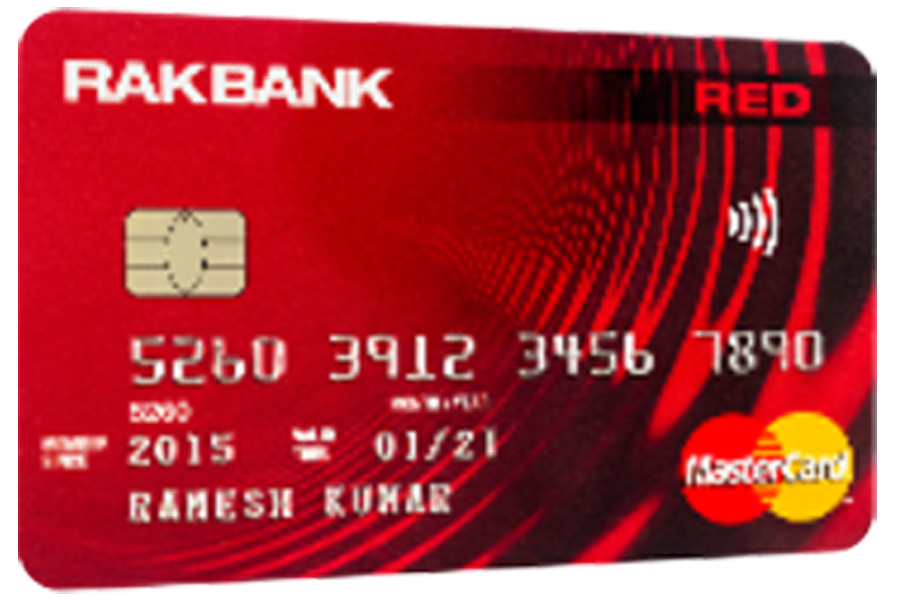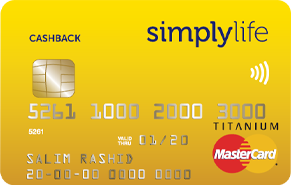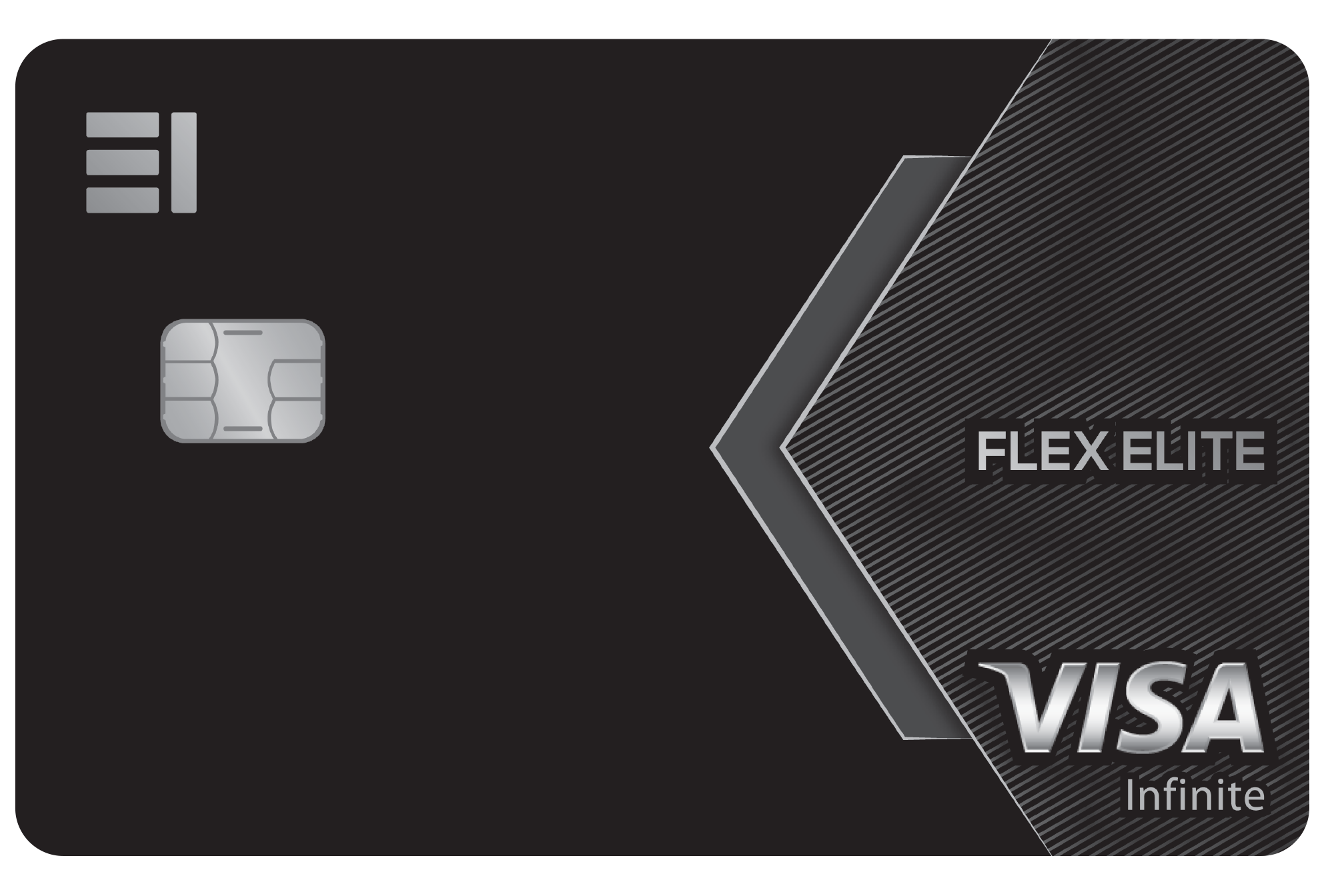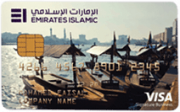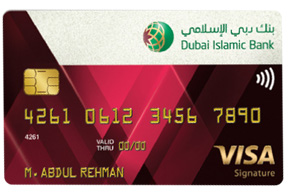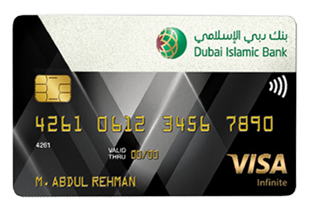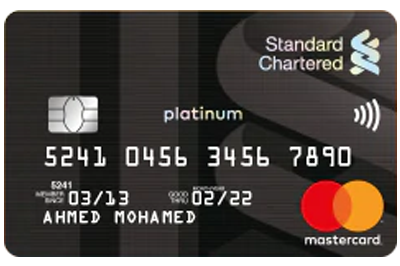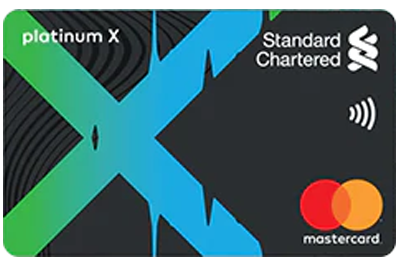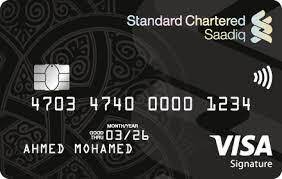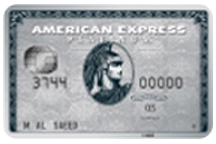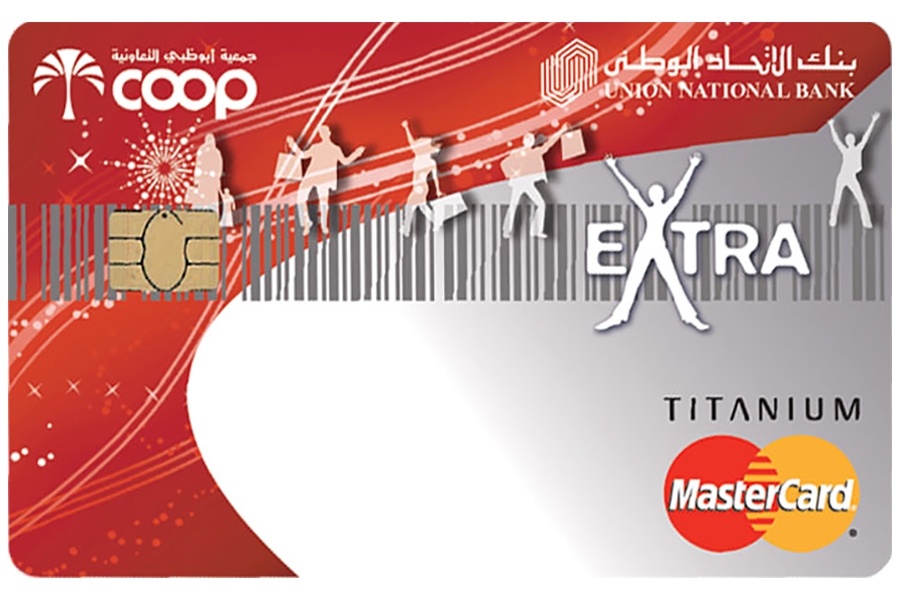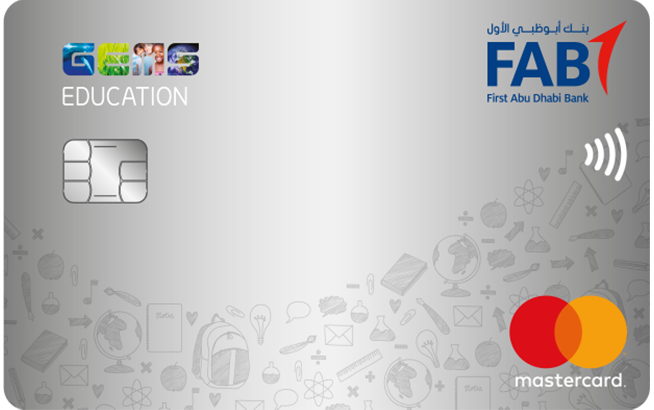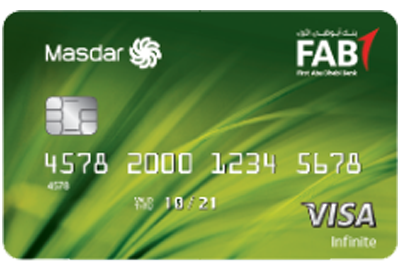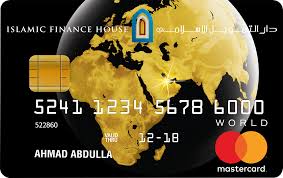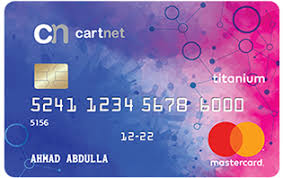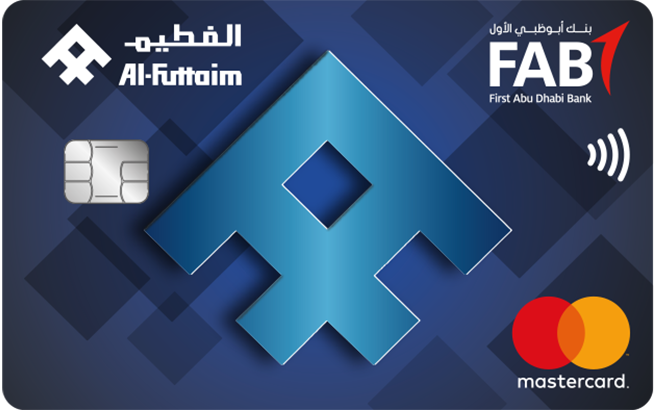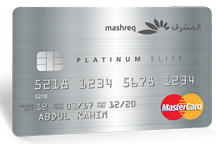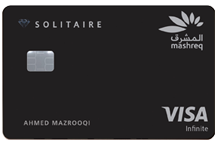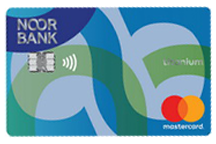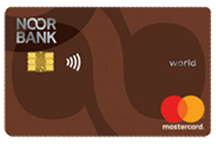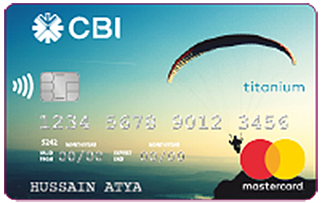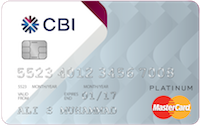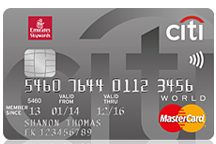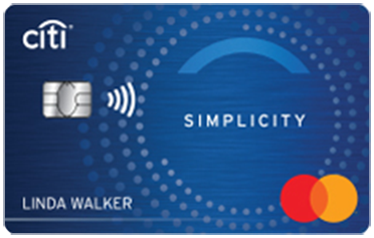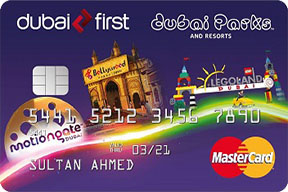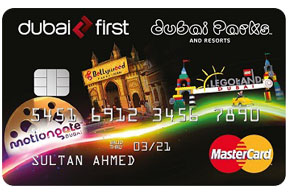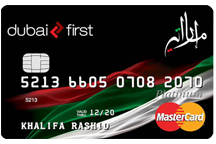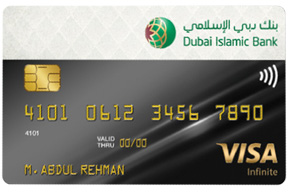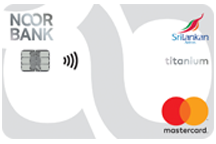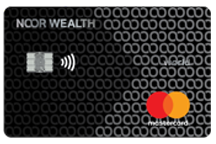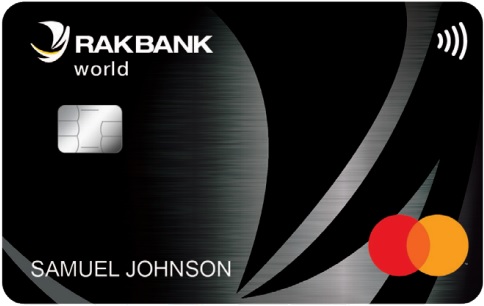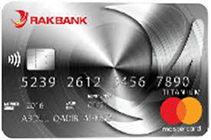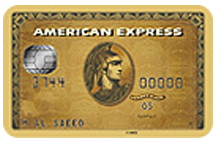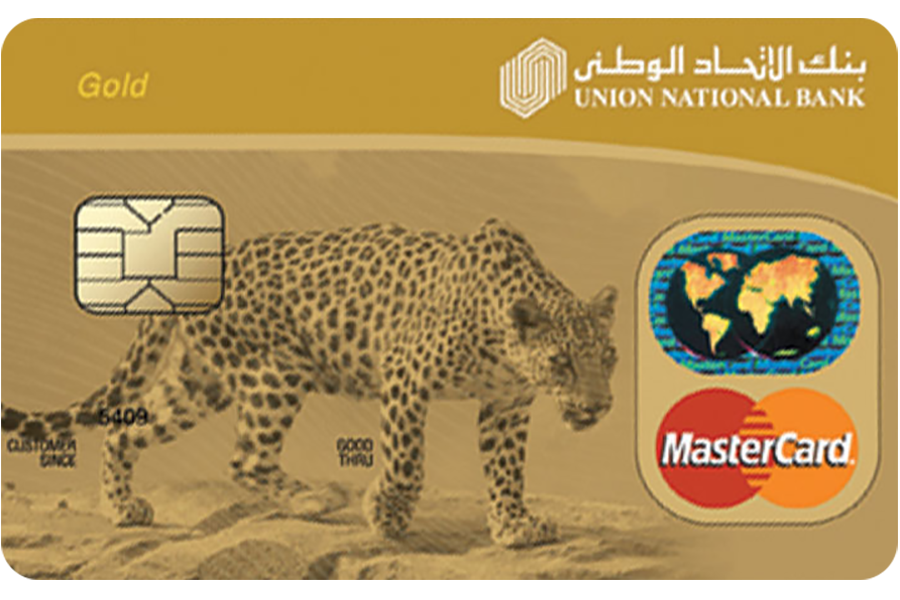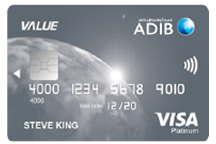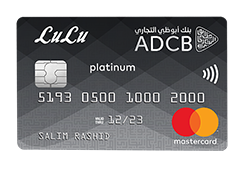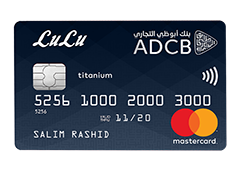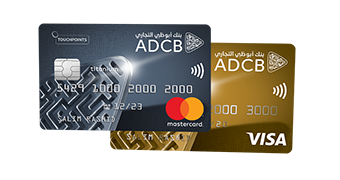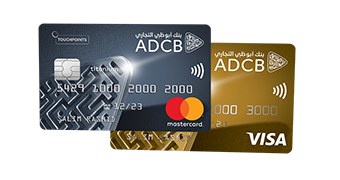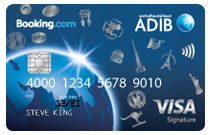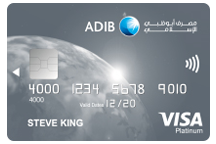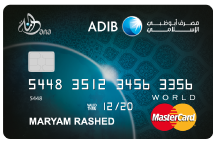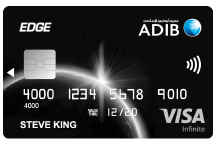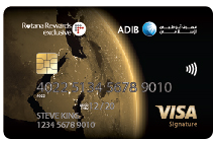Credit Clarity: Understanding Your UAE Credit Score
In the fast-paced economy of the United Arab Emirates (UAE), having a good credit score is essential for financial well-being. In order to get a loan, credit card, or any form of credit, you need to have a good credit score, as your credit score plays a crucial role. In this blog, we will cover all your queries related to checking and managing your credit score in the UAE, the key credit reporting agencies, and how you can take control of your financial health.
What is a Credit Score?
A credit score is a number that rates the creditworthiness of an individual to take loan or credit. This score serves as a tool for lenders to assess the risk associated with extending credit to a person. Higher the credit score, higher is the creditworthiness of an individual. Your credit history, which comprises details about the quantity of accounts you have, your overall debt load, your payment history, and other elements, sets the foundation of your credit score. Based on the credit score of a person, the lender then decides whether they are willing to lend to an individual or not.add more about credit score
How does a Credit Score work?
The functioning of credit scores involves assessing an individual's creditworthiness through a numerical representation. This credit score typically ranges from 300 to 900 and is determined by evaluating various financial factors. Lenders use this score to decide whether or not to provide a loan to an individual. Higher the credit score, higher is the credit worthiness of an individual, which in turn determines the loan or credit an individual will receive. Each creditor sets its own lending standards and credit score ranges. Mentioned below are the general ranges that are used to classify credit scores in the UAE:
-
Excellent: 731 and above
-
Good: 680–730
-
Fair: 620–679
-
Bad: 300–619
What is Al Etihad Credit Bureau (AECB)?
The AECB is a government regulatory body that collects credit data and financial information from banks and financial institutions in the UAE to provide a fair credit report to the individuals of the country. Individuals can request for their credit report as and when required from the AECB and fulfill their loan making decisions. If the AECB gives you a credit score of 731 and above then you can easily get a loan or credit against a relatively lesser rate of interest. Higher the credit score, higher will be the creditworthiness which in turn enables an individual to get a loan easily and that too at a relatively lesser rate of interest. A low credit score will make the loan taking process difficult for an individual, thus an individual will be charged a higher rate of interest.
Procedure for checking the credit score
In order to check the credit score, an individual needs to follow the below mentioned steps:
Visit the Al Etihad Credit Bureau (AECB) Website
The first step is to access the official website of AECB at www.aecb.gov.ae. Navigate to the consumer section, where you can find information about obtaining your credit report.
Create an Account
To get your credit report, you'll need to create an account on the AECB platform. Provide the necessary information, like your Emirates ID, email address, and other required details.
Verification Process
AECB employs a verification process to ensure the security of your information. Follow the instructions to complete the verification, which may involve providing additional documents for authentication.
Request Your Credit Report
Once your account is verified, you can proceed to request your credit report. The report will consist of details about your credit accounts, outstanding balances, payment history, and your credit score.
Review Your Credit Report
Take the time to thoroughly review your credit report for accuracy. Check for any discrepancies in personal information, credit accounts, or payment history.
Credit Score Interpretation
Understand the factors influencing your credit score, including payment history, credit utilization, length of credit history, and types of credit used. A higher credit score indicates better creditworthiness.
Benefits of having a good Credit Score in the UAE
If you have a credit score more than 680, then it is considered as a good credit score in the UAE. A good credit score will enable individuals to get loans at a lesser rate of interest. They can even get an extension on their credit card limit.
Below mentioned are various benefits of having a good credit score:
Access to low-interest rates
One of the primary advantages of having a good credit score is the ability to access loans and credit cards with lower interest rates. Lenders view individuals with high credit scores as less risky, resulting in more favorable terms and potentially significant savings on interest payments.
Easier Loan Approval
A good credit score enhances your chances of loan approval. Whether you're applying for a mortgage, car loan, or personal loan, a higher credit score makes you a more attractive borrower, streamlining the approval process.
Higher Credit Limits
Lenders are more likely to offer higher credit limits to individuals with excellent credit scores. This increased borrowing capacity can be advantageous for managing unexpected expenses or taking advantage of financial opportunities.
Ways to improve your credit score
In order to obtain better loans from banks or financial institutions, one needs to have a good credit score. If you are someone whose current credit score is below par, then you need to improve your score. Credit score cannot be improved in a fortnight. It is a time consuming process. It changes every time your credit report changes. Thus, to increase your creditworthiness you need to improve your credit score. Higher the credit score, higher the creditworthiness.
Below mentioned are various ways in which you can improve your credit score:
Timely bill payments
One of the most effective ways to improve your credit score is the timely payment of your debts. On or before time payment of debt increases your credit score. Set up automatic payments or reminders to ensure you never miss due dates on credit cards, loans, or utility bills.
Diversify Your Credit Mix
Having a mix of credit types, such as credit cards, loans, and mortgages, contributes positively to your credit score. Consider diversifying your credit portfolio responsibly over time.
Increase Credit Limits Responsibly
Requesting a higher credit limit can potentially improve your credit utilization ratio. However, exercise caution to avoid overspending simply because you have a higher limit.
Regularly Check Your Credit Report
Periodically review your credit report for inaccuracies and address any issues promptly. This will also improve your credit score.
Conclusion
In the United Arab Emirates, knowing and analyzing your credit score is crucial to financial empowerment and financial literacy. Accurate and current information about your creditworthiness can be obtained by using the services of reputable credit reporting agencies such as Credit Score UAE and Al Etihad Credit Bureau. Maintaining responsible financial practices and keeping a close eye on your credit score will enable you to make wise decisions and lay a strong financial foundation for the future. In the UAE's dynamic economic surroundings, you can achieve financial well-being by following the procedures for checking your credit score, which is a powerful tool. The expert team of My Banker will assist you with the entire process of getting your credit report from these regulatory bodies. We will help you explore various alternatives to improve your credit score and guide you to choose the best option available. For any queries, mail us at service@my-banker.com.


